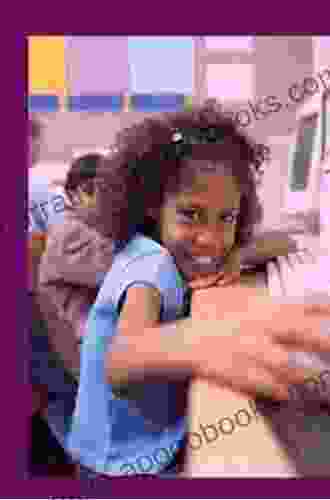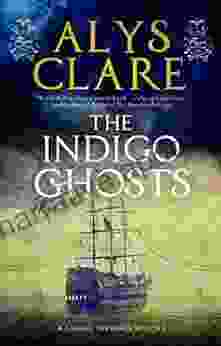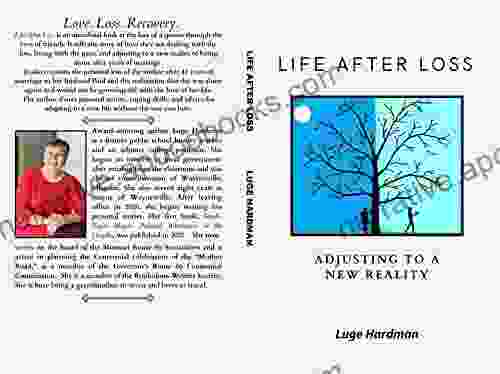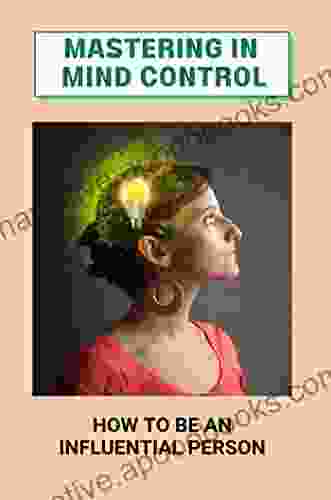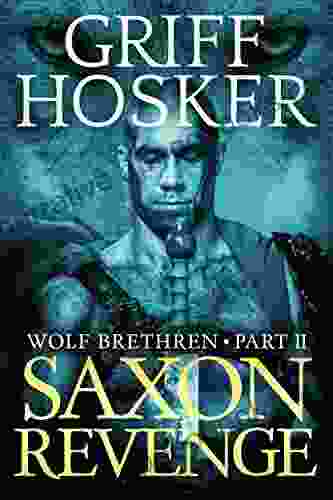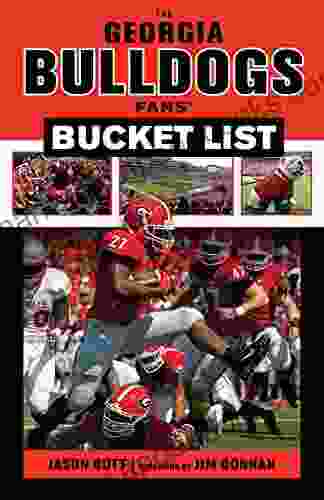Pedagogy of Multiliteracies: Learning by Design

In today's globalized world, it is more important than ever for students to be able to communicate and collaborate effectively with people from diverse linguistic and cultural backgrounds. This requires a new approach to teaching and learning that goes beyond traditional notions of literacy and embraces the concept of multiliteracies.
Multiliteracies is a term that refers to the ability to use and understand a variety of different communication modes, including written, oral, visual, and digital. It also includes the ability to navigate and negotiate different cultural contexts and to use language in a variety of ways for different purposes.
5 out of 5
| Language | : | English |
| File size | : | 5760 KB |
| Text-to-Speech | : | Enabled |
| Screen Reader | : | Supported |
| Enhanced typesetting | : | Enabled |
| Word Wise | : | Enabled |
| Print length | : | 326 pages |
The pedagogy of multiliteracies is a framework for teaching and learning that is based on the principles of multiliteracies. It emphasizes the importance of providing students with opportunities to develop their multiliteracies skills through active engagement in a variety of learning activities.
Theoretical Foundations
The pedagogy of multiliteracies is based on a number of theoretical foundations, including:
- Sociocultural theory, which emphasizes the role of social and cultural factors in learning.
- Critical literacy theory, which focuses on the power of literacy to empower individuals and to challenge social injustice.
- New literacy studies, which explore the ways in which new technologies are changing the way we communicate and learn.
These theoretical foundations provide a strong basis for the pedagogy of multiliteracies, which is a holistic approach to teaching and learning that takes into account the whole child and the whole learning environment.
Key Concepts
The pedagogy of multiliteracies is based on a number of key concepts, including:
- Diversity: Multiliteracies pedagogy recognizes and celebrates the diversity of students' linguistic and cultural backgrounds.
- Equity: Multiliteracies pedagogy is committed to providing all students with equitable access to literacy learning opportunities.
- Engagement: Multiliteracies pedagogy engages students in active learning experiences that are meaningful and relevant to their lives.
- Collaboration: Multiliteracies pedagogy encourages students to collaborate with each other and with members of the community.
- Reflection: Multiliteracies pedagogy encourages students to reflect on their learning experiences and to develop their metacognitive skills.
These key concepts are essential to the pedagogy of multiliteracies, which is a dynamic and evolving approach to teaching and learning.
Practical Applications
The pedagogy of multiliteracies can be applied in a variety of educational settings, including:
- K-12 schools: Multiliteracies pedagogy can be used to teach students a variety of subjects, including English language arts, social studies, science, and math.
- Higher education: Multiliteracies pedagogy can be used to teach students in a variety of disciplines, including education, communication, and the arts.
- Community settings: Multiliteracies pedagogy can be used to teach adults and children in a variety of community settings, such as libraries, museums, and community centers.
The pedagogy of multiliteracies is a versatile approach to teaching and learning that can be adapted to meet the needs of diverse learners in a variety of settings.
Benefits of Multiliteracies Pedagogy
There are a number of benefits to using the pedagogy of multiliteracies in the classroom, including:
- Improved student achievement: Students who are taught using the pedagogy of multiliteracies have been shown to have higher levels of literacy achievement than students who are taught using traditional methods.
- Increased student engagement: Students who are engaged in multiliteracies learning activities are more likely to be motivated and to enjoy learning.
- Development of critical thinking skills: Multiliteracies pedagogy encourages students to think critically about the information they encounter and to develop their own opinions.
- Preparation for the 21st century workforce: Multiliteracies pedagogy prepares students for the 21st century workforce by developing their skills in communication, collaboration, and problem solving.
The pedagogy of multiliteracies is a powerful approach to teaching and learning that can help students to succeed in school and in life.
The pedagogy of multiliteracies is a cutting-edge approach to teaching and learning that is based on the latest research on how people learn. It is a holistic approach that takes into account the whole child and the whole learning environment. The pedagogy of multiliteracies is a powerful tool that can help students to develop the skills they need to succeed in the 21st century.
If you are looking for a book that will provide you with a comprehensive overview of the pedagogy of multiliteracies, then this is the book for you. This book is packed with practical tips and strategies that you can use to implement the pedagogy of multiliteracies in your own classroom.
Free Download your copy today!
Free Download Now
5 out of 5
| Language | : | English |
| File size | : | 5760 KB |
| Text-to-Speech | : | Enabled |
| Screen Reader | : | Supported |
| Enhanced typesetting | : | Enabled |
| Word Wise | : | Enabled |
| Print length | : | 326 pages |
Do you want to contribute by writing guest posts on this blog?
Please contact us and send us a resume of previous articles that you have written.
 Book
Book Novel
Novel Page
Page Chapter
Chapter Text
Text Story
Story Genre
Genre Reader
Reader Library
Library Paperback
Paperback E-book
E-book Magazine
Magazine Newspaper
Newspaper Paragraph
Paragraph Sentence
Sentence Bookmark
Bookmark Shelf
Shelf Glossary
Glossary Bibliography
Bibliography Foreword
Foreword Preface
Preface Synopsis
Synopsis Annotation
Annotation Footnote
Footnote Manuscript
Manuscript Scroll
Scroll Codex
Codex Tome
Tome Bestseller
Bestseller Classics
Classics Library card
Library card Narrative
Narrative Biography
Biography Autobiography
Autobiography Memoir
Memoir Reference
Reference Encyclopedia
Encyclopedia John Quinterno
John Quinterno Allison Brennan
Allison Brennan Cade Wood
Cade Wood Alynna J Lyon
Alynna J Lyon Elizabeth Gosling
Elizabeth Gosling Deborah Cowen
Deborah Cowen Alison Holt
Alison Holt Titus Hauer
Titus Hauer Alison A Armstrong
Alison A Armstrong Alma Nilsson
Alma Nilsson Jennie Marts
Jennie Marts Jodi Ellen Malpas
Jodi Ellen Malpas Allison Bemiss
Allison Bemiss Michael Medina
Michael Medina Allison Varnes
Allison Varnes Jim Rietmulder
Jim Rietmulder Theodora Goss
Theodora Goss Ed Mcgaa
Ed Mcgaa Alison Ragsdale
Alison Ragsdale Tim Swike
Tim Swike
Light bulbAdvertise smarter! Our strategic ad space ensures maximum exposure. Reserve your spot today!
 Caleb LongFollow ·5.7k
Caleb LongFollow ·5.7k Jamison CoxFollow ·13.5k
Jamison CoxFollow ·13.5k Ian MitchellFollow ·19.3k
Ian MitchellFollow ·19.3k Simon MitchellFollow ·18.6k
Simon MitchellFollow ·18.6k Ian PowellFollow ·7.5k
Ian PowellFollow ·7.5k Clark BellFollow ·4.3k
Clark BellFollow ·4.3k Calvin FisherFollow ·3.1k
Calvin FisherFollow ·3.1k Garrett PowellFollow ·8.3k
Garrett PowellFollow ·8.3k
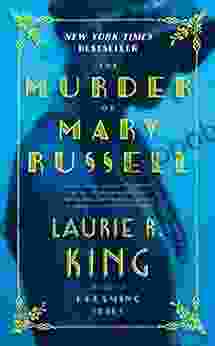
 F. Scott Fitzgerald
F. Scott FitzgeraldUnravel the Enigmatic Murder of Mary Russell: A...
Prologue: A Grisly Discovery In the...

 Connor Mitchell
Connor MitchellLittle Quilts: Gifts from Jelly Roll Scraps
Embrace the Art...
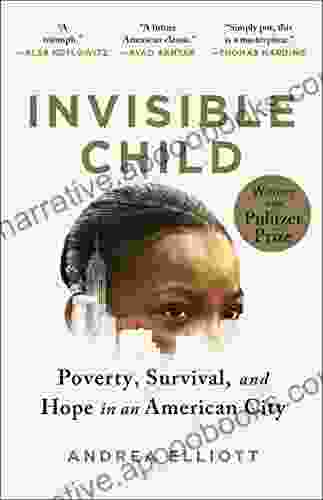
 Harold Powell
Harold PowellPoverty Survival Hope In An American City: A Pulitzer...
A testament to the resilience of the human...
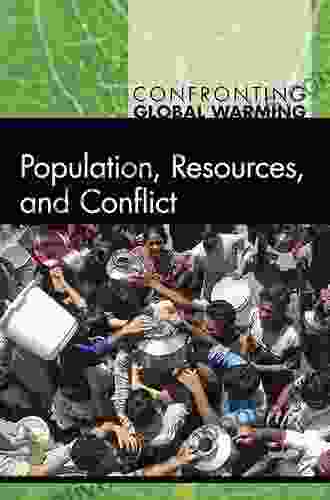
 Ray Blair
Ray BlairConfronting Global Warming: Population, Resources, and...
Global warming is one of the most pressing...
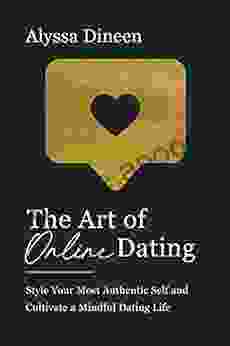
 Gary Cox
Gary CoxStyle Your Most Authentic Self and Cultivate a Mindful...
Unlock Your True...

 Caleb Long
Caleb LongEmbark on a Colorful Patchwork Adventure: Discover 20 To...
Step into the captivating world of...
5 out of 5
| Language | : | English |
| File size | : | 5760 KB |
| Text-to-Speech | : | Enabled |
| Screen Reader | : | Supported |
| Enhanced typesetting | : | Enabled |
| Word Wise | : | Enabled |
| Print length | : | 326 pages |


